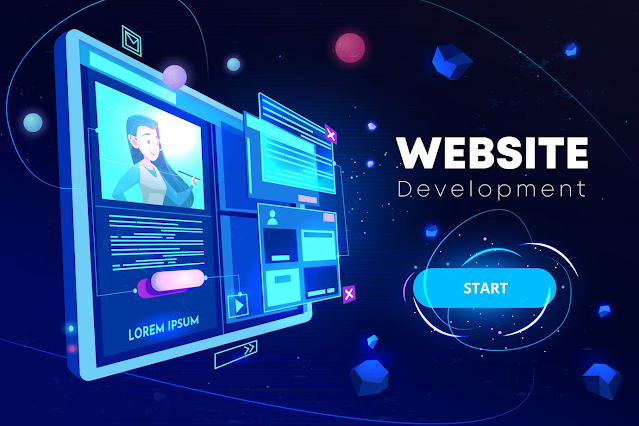HTML to WordPress: Streamline Your Website with a Seamless Conversion
In today's digital age, a website serves as the online face of your business or personal brand. It is essential to ensure that your website not only reflects your unique identity but also offers a seamless user experience. If you have an existing website built with HTML, you might be missing out on the numerous benefits that WordPress has to offer. By converting your HTML website to WordPress, you can harness the power of a versatile content management system (CMS) and unlock a world of possibilities. In this article, we'll explore the process of converting HTML to WordPress and highlight the advantages it brings.
Streamlining Your Website: The Power of Converting HTML to WordPress
Unlock the Potential of Your Website with a Smooth HTML to WordPress Conversion
Understanding the Conversion Process:
Converting an HTML website to WordPress involves transforming the static HTML files into dynamic WordPress templates. This process may seem daunting at first, but with the right approach, it can be smooth and efficient. Let's take a closer look at the key steps involved:
Content Analysis and Planning:
Before diving into the conversion, it's crucial to assess your existing HTML website and its structure. Identify the core elements, such as headers, footers, sidebars, and content areas. Plan how you want these components to be organized in your WordPress theme to ensure a seamless transition.
Setting Up WordPress:
Install a fresh WordPress installation on your server or local development environment. This will serve as the foundation for importing your HTML content and building your new WordPress website.
Theme Development:
Create a custom WordPress theme or select an existing one that closely matches your desired design. You can leverage the power of HTML, CSS, and PHP to replicate your website's look and feel. This step requires attention to detail to maintain consistency with your original design.
HTML to WordPress Conversion:
Migrate your HTML content into the corresponding WordPress template files. This includes converting HTML markup into WordPress template tags, such as the loop, to ensure the dynamic functionality of your website. It is crucial to maintain proper structure, including HTML semantics, while integrating your content into WordPress.
Custom Functionality and Plugins:
Enhance your WordPress website's functionality by incorporating custom features and leveraging the extensive plugin ecosystem. From SEO optimization to e-commerce capabilities, WordPress offers a wide range of plugins to extend the capabilities of your website.
Advantages of Converting HTML to WordPress:
Now that we've explored the process, let's delve into the advantages of converting your HTML website to WordPress:
User-Friendly Content Management:
WordPress provides an intuitive and user-friendly interface that allows you to manage your website's content effortlessly. With a few clicks, you can update pages, publish blog posts, and make edits without any technical knowledge.
Extensive Plugin Support:
WordPress boasts a vast library of plugins, offering an array of functionalities. Whether you need to integrate social media sharing buttons, enhance security measures, or optimize your website for search engines, there's a plugin for almost everything.
Dynamic and Interactive Features:
By converting to WordPress, you can transform your static HTML website into a dynamic and interactive platform. Leverage WordPress's built-in features, such as commenting systems, user registration, and search functionality, to enhance user engagement.
Responsive Design:
In today's mobile-driven world, having a responsive website is crucial. Convert html to wordpress themes are designed to be mobile-friendly, ensuring your website adapts seamlessly to various screen sizes. This responsiveness improves user experience and boosts search engine rankings.
SEO-Friendliness:
WordPress offers a range of SEO plugins and features to optimize your website for search engines. From meta tags to XML sitemaps, you can easily implement best practices to improve your website's visibility in search results.
Conclusion:
Converting your HTML website to WordPress opens up a world of opportunities to enhance your online presence. By leveraging the power of WordPress's CMS, you can streamline content management, boost interactivity, and optimize your website for search engines. Although the conversion process requires careful planning and execution, the benefits make it a worthwhile endeavor. Embrace the dynamic nature of WordPress and unleash the full potential of your website today.



Comments
Post a Comment